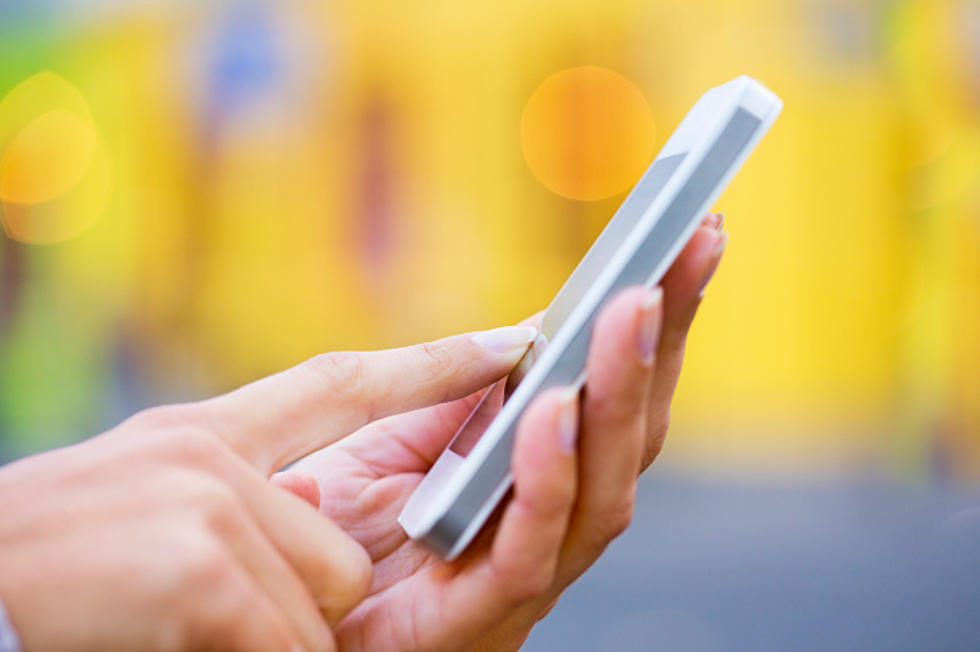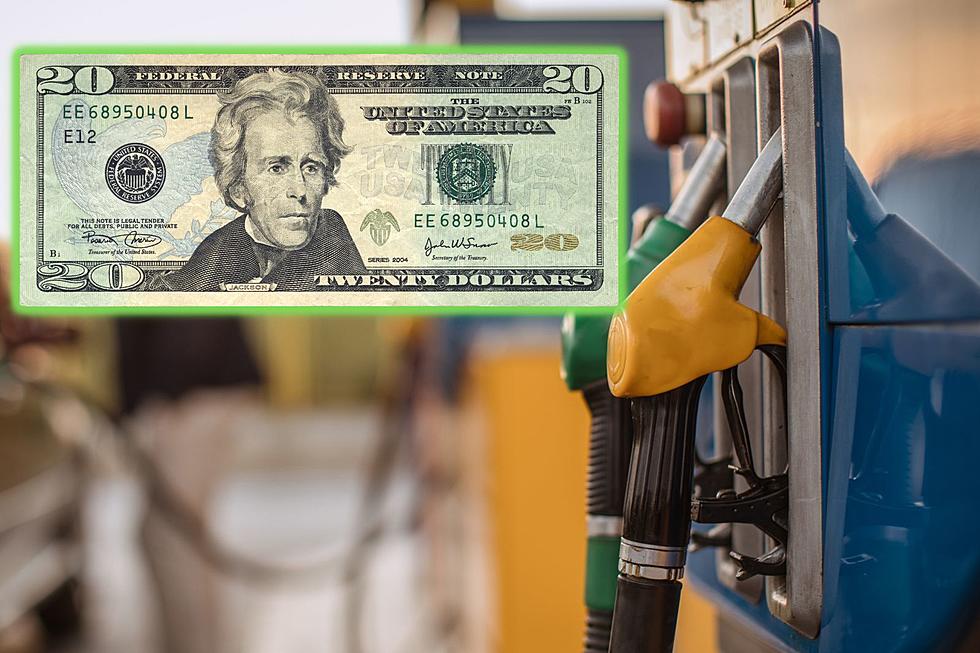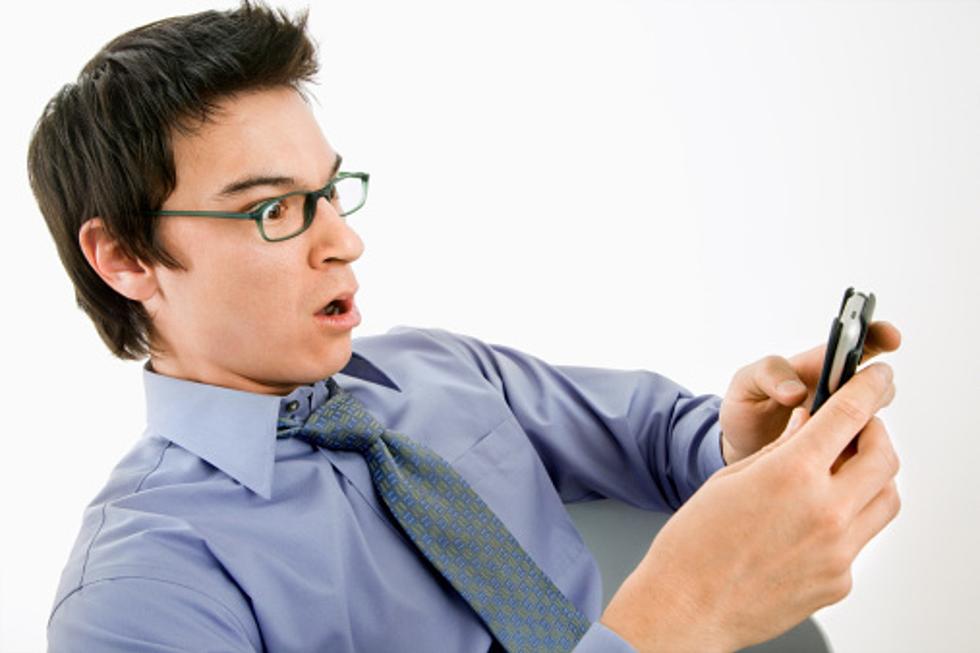
Missed call? How to avoid the ‘area code scam’
How often do you answer a phone call — from a number you don't recognize — and hear nothing on the other end?
Each time, you may be the next potential victim of a ruse that security gurus have nicknamed the "area code scam." As long as you don't call back, you're safe. Returning the call could cost you big bucks.
The scam has resurfaced, experts say, after being dormant for years.
"One thing about scammers — they just dig into their bag of tricks and when they find something that works, they use it. When too many people catch onto it, they stop using it. When they think people have forgotten about it, they start using it again," said Adam Levin, founder of identity protection firm CyberScout and former director of the New Jersey Division of Consumer Affairs.
The main weapon in this case is the area code that appears on your phone with each incoming call. The call may seem to be coming from inside the United States — featuring area codes such as 473, 809, 829, and 849 — but those codes actually belong to the Dominican Republic, Grenada, Carriacou and Petite Martinique, where complicated country codes don't need to be dialed if calling from the U.S.
The scammers, Levin said, are banking on the assumption that you won't pick up. You'll see a missed call, get curious, and give the number a ring. Then the clock starts ticking.
"The only problem is that it's designed so that the minute the system answers, you're suddenly being charged a lot of money," said Levin, noting some of these charges can be as steep as $20 for the first minute.
In most cases, you'd be met by silence on the other end if you were to answer the initial call. But in some extreme cases, scammers have been known to create elaborate productions, hoping you'll be willing to help a "family member in need."
The good news — you can easily catch these charges, and eventually challenge them, by looking at your phone bill. The bad news — if you're like many folks, you don't actually check your bill.
"There are often a lot of people out there that are relying upon the fact that we're not paying attention," Levin said. "It's better to pay attention than have to pay the bill."
More from New Jersey 101.5:
Contact reporter Dino Flammia at dino.flammia@townsquaremedia.com.
More From New Jersey 101.5 FM









